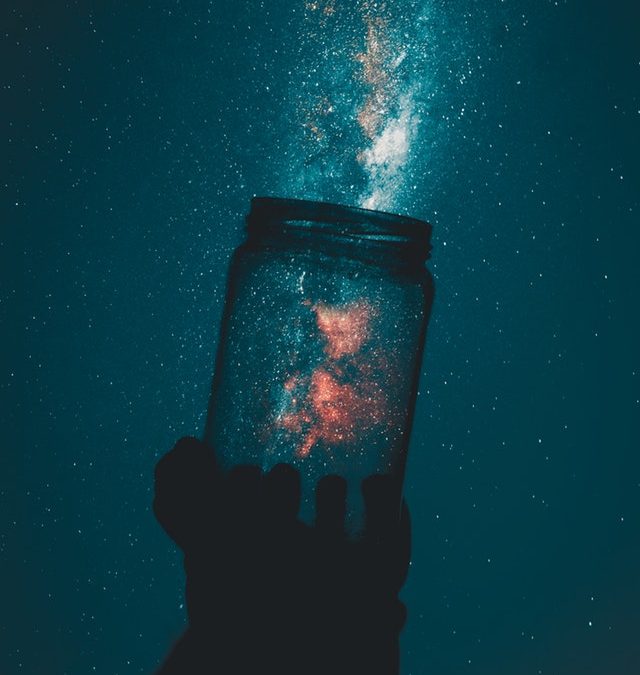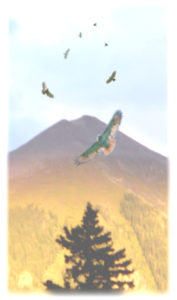In so many ways, following through on a creative project teaches a radical level of mindfulness and self-compassion, as well as the grace of ruthless, unconditional forgiveness. The creative process instills a remarkable ability to not only tolerate ambiguity and anxiety, but to accept, embrace, and take action from the discomfort.
Anne Patchett is a writer of literary fiction whose work I greatly admire. Her novel, Bel Canto, won the 2002 PEN/Faulkner Award and the Orange Prize for Fiction in the same year. The following excerpt is from her essay, The Getaway Car: A Practical Memoir About Writing and Life.
“Somewhere in all my years of practice—I don’t know where exactly—I arrived at the art. I never learned how to take the beautiful thing in my imagination and put it on paper without feeling I killed it along the way. I did, however, learn how to weather the death, and I learned how to forgive myself for it.
I believe that, more than anything else, this grief of constantly having to face down our own inadequacies is what keeps people from being writers. Forgiveness, therefore, is key. I can’t write the book I want to write, but I can and will write the book I am capable of writing. Again and again throughout the course of my life I will forgive myself.”
Whether it’s a musical composition, an essay, a class, a conversation, there are as many if not more times when I have absolutely no idea of what I’m going to do. Initially I feel at a loss because I’m not feeling the magic and I don’t know where to begin. And if I’m feeling that I should have the answers right then and there, I get even more dried up and disconnected. Most times what gets my juices flowing is to forget about getting magical results at that moment. I deliberately step away from the inner critic that’s concerned about getting it right or wrong, and explore within my precious, clueless moment, the simplest thing before me. A sound that puts a little green in my momentary desert, or an idea that may be clumsy and shallow, but points the way towards a more meaningful exposition. If I’m not willing to put the shit down, then I won’t have anything to respond to, or to grow from.
We have a vision of something or nothing to begin with. Both will do. What we don’t know becomes a doorway to sensing what is alive in us. Engaged in the creative process, we are learning to pay attention to what lifts our life force in each tiny moment. When we’re not so concerned with the end product, the perfection, we can sense the hints, the clues, the daydreams, the voices murmuring, the stars, planets, landscapes and creatures from the vast constellation of our source.
Life is a creative process. Love is a creative process. Parenting is a creative process. Relationships are a creative process. Business is a creative process, and who and what we are, were, and will be, is a creative process.
Talk to anybody who has engaged a creative process, and if you catch them in a candid moment, they might talk about the life/death/life cycle. Really the creative experience is all about love. As Clarrisa Pinkola Estes wrote in her book, Women Who Run With the Wolves: Myths and Stores of the Wild Woman Archetype:
“Yet love in its fullest form is a series of deaths and rebirths. We let go of one phase, one aspect of love, and enter another. Passion dies and is brought back. Pain is chased away and surfaces another time. To love means to embrace and at the same time to withstand many endings, and many beginnings- all in the same relationship.”
To love, to live, to create, means to embrace and at the same time to withstand many endings, and many, many beginnings- over and over-until we arrive where creation has led us and we are complete.
When our endeavor is complete, if we have any sense at all we chill, we have a glass of wine and sigh with the stars. And then we return to the dark, moist earth of our being to wait for the next seed to germinate and make its way to the sun.

